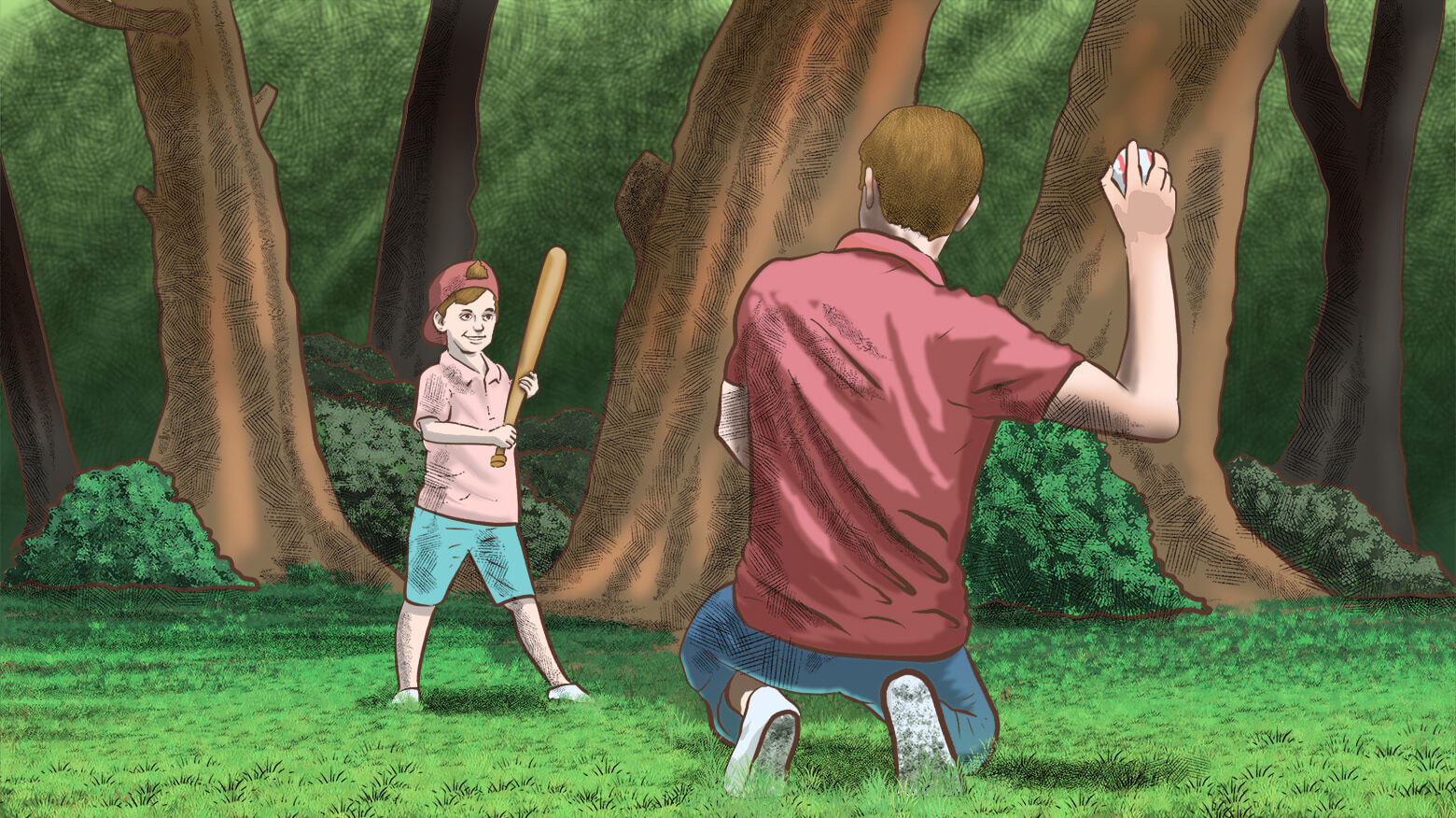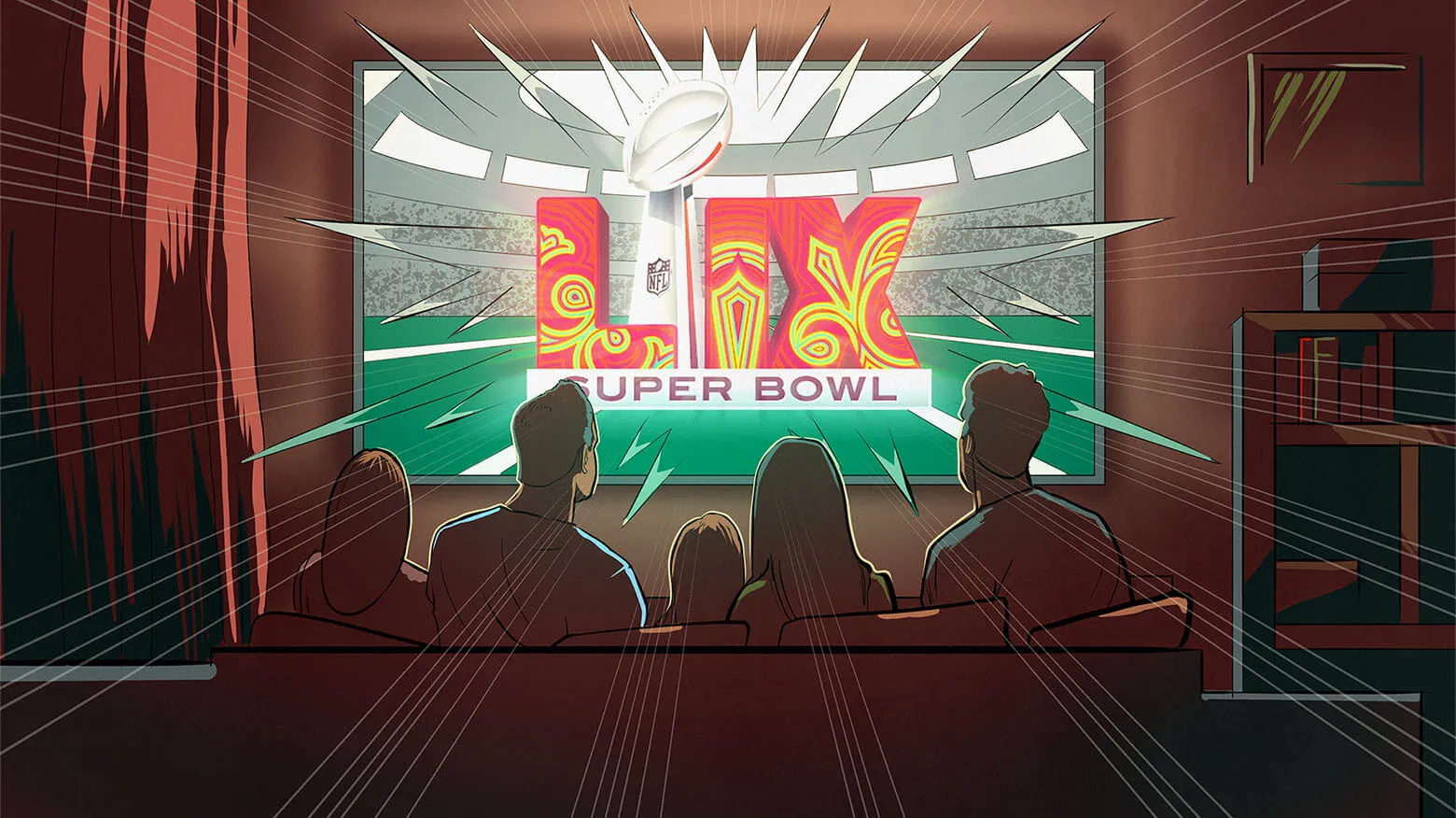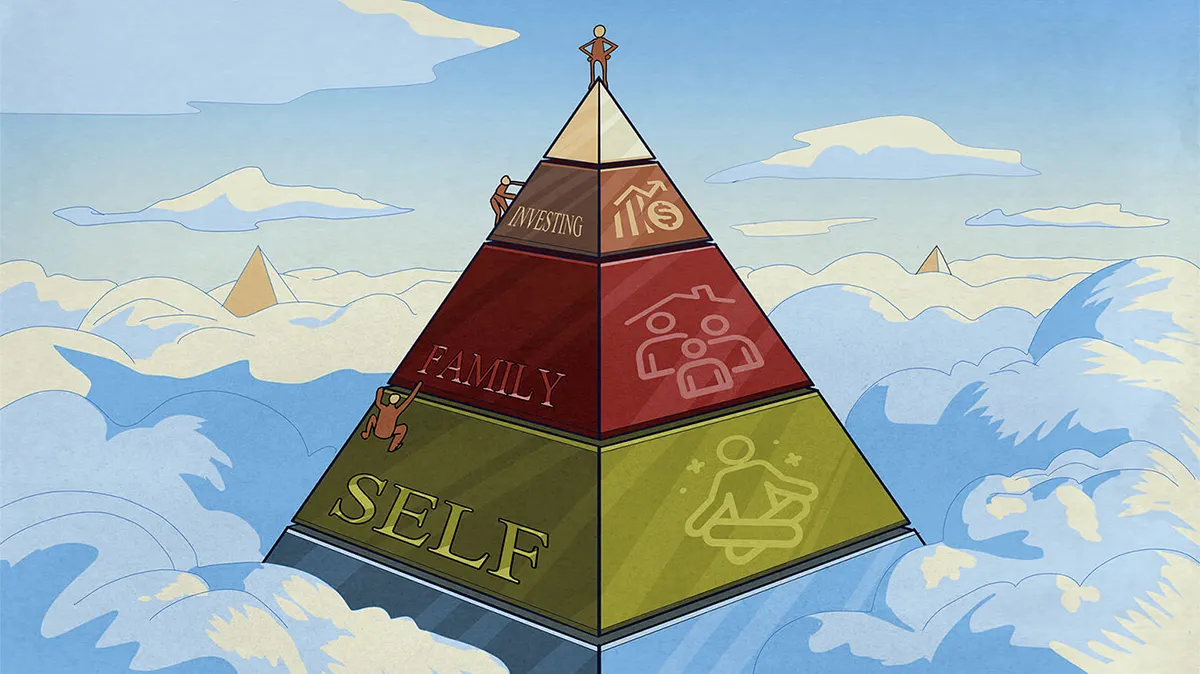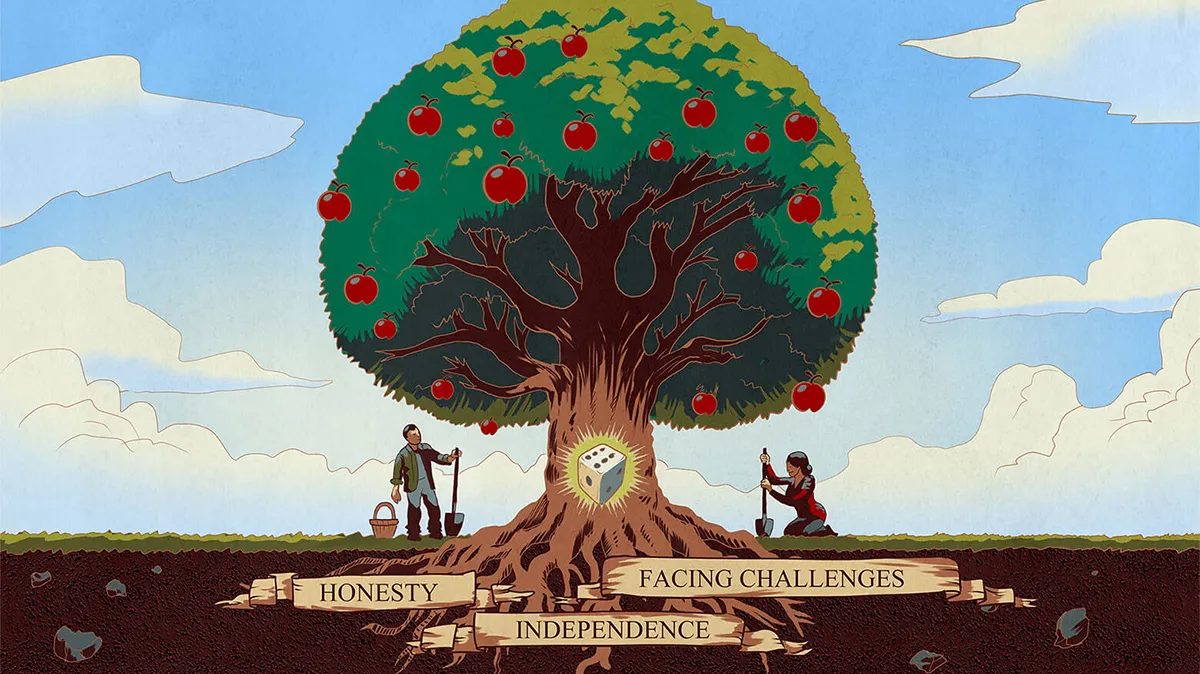As I get older I find that I value material things a lot less. I am still partial to gadgets, but soft things like conversations, walks – experiences – have started to matter to me a lot more than things. My writing was supposed to be about investing, how to make $2 out of $1, but existential topics have lately had a greater appeal for me than discussions about stocks or the economy.
Writing this scribble that I’m about to share with you was very difficult, because while I was writing it I kept asking myself “Am I a good father?” and I was not sure of the answer.
Being a Father?
Dana Carvey on when you most feel loved in your life:
“When humans started to call me Dad. That is the word that gets me. You are famous to a billion people but only three people call you Dad!”
I have a client. Her husband was a second-generation American, a Yale-educated lawyer who worked in the family business that was started by his father, a Russian immigrant. Four years ago he was diagnosed with cancer. He put up a great fight, but cancer won, and a year later he was gone, at 66.
He left $100 million, which went to his wife, son and daughter (the kids are in their late 20s). I had a meeting with the family recently. The son’s wife was a few days away from giving birth to a baby girl. As the son and I were talking about his upcoming fatherhood, I asked him what kind of father he wants to be. He said, “I don’t want to be like my father.” I was a bit surprised and asked why.
He said,
After my father passed away, his friends would tell me how he was this larger-than-life, gregarious man. I never saw that man. My father worked 16 hour days, seven days a week. He worked in the basement – he’d come up for dinner and go back down. He never spent time with me or my sister. My mom did everything, from driving us to school to taking me to football practice. I always felt like I was raised by my mother. I don’t want to be like that. I want to be there for my kids.
He went on,
My father thought till the last moment that he’d beat the cancer, and so he never expressed his true feelings to me or my sister. A year later my father’s friend told me that my father confided in him that he wished he’d spent more time with us kids.
Listening to him, I felt a sudden urge to run home and hug my children. I also felt enormous sadness. I was thinking, what if he had worked eight or maybe even ten hours a day instead of 16 and had left his kids a $10-million pile rather than $100 million? Would it really have made a difference for his kids’ lives? They are wonderful, thoughtful young adults who don’t have pretentious lifestyles (they live in $200,000 houses and drive modest cars). His son would probably trade all his money for a father who was there for him.
I was deeply impacted by this story because, as a father who runs a business, I was asking myself, am I doing the same thing to my kids? I shared my worry with a good friend. He has a struggling website design business that has not moved out of the startup phase, ten years on. He is anything but wealthy. But his bills are paid and his family doesn’t go hungry. He works eight hours a day and spends all of his free time with his three young kids.
As I was mentally comparing these two dads, my definition of what success means got completely redefined. It’s not how much money you are going to leave your children; it’s the memories you’ll leave them with.
Our appreciation of material things has a very short shelf life. We value the experiences and memories they create exponentially more. His kids may not have the fancy toys and big houses that some of their friends do. But to them those things won’t matter much; they’ll have the warm glow of love their father gave them.
As an entrepreneur you always want to grow your business larger. Your current revenue and profit are never enough; they just set the bar higher for next year. We always want more. But this “more” has a cost, a cost we don’t see at the time: time with our family. It’s my core responsibility to provide for my family, but at some point I (and maybe some of my readers) may say that more is not worth it.
P.S. An additional thought. Sometimes work for us is a game, a real-life version of Candy Crush, where money is not a currency that buys us material stuff but chips that we never intend to spend but are just there to keep count of our successes – they are the currency that moves us to the next level, and the next level. Just as we can mindlessly spend tens of hours playing Candy Crush, our work can turn from being something we do to live into an addiction.
As I am writing this I keep thinking that on one hand I was incredibly fortunate to discover my love for investing when I was in my early twenties, but also that there’s a danger in this love, which at times can conflict with my love for my family.
My own father often quoted from The Little Prince, by Antoine de Saint-Exupéry: “You become responsible, forever, for what you have tamed.”









My two first cousins both died of cancer at ages 19 and 43. My mother died of cancer at age 51 ( became sick at age 48). I had breast cancer at age 55 which came back 3 times – Had a double mastectomy and am now 89 years old, cancer free, and feel fine.. Cancer has nothing to do with going to the basement. That ‘s ludicrous.
Cancer is a disease that strikes you and has nothing to do with where one spends his tine and lives. One has to receive prompt treatment, radiation chemotherapy and be lucky.
my children were deeply affected by not having their father in their life on a daily basis. When he turned 31 he had better things to do he thought, and lived to regret it. Our children are in their 50″s and it still affects them.
ty, I truly appreciate being a member, it is nice to hear another view,,
I’d think if (dad) he was not in the basement for so many years, he would of not gotten cancer..